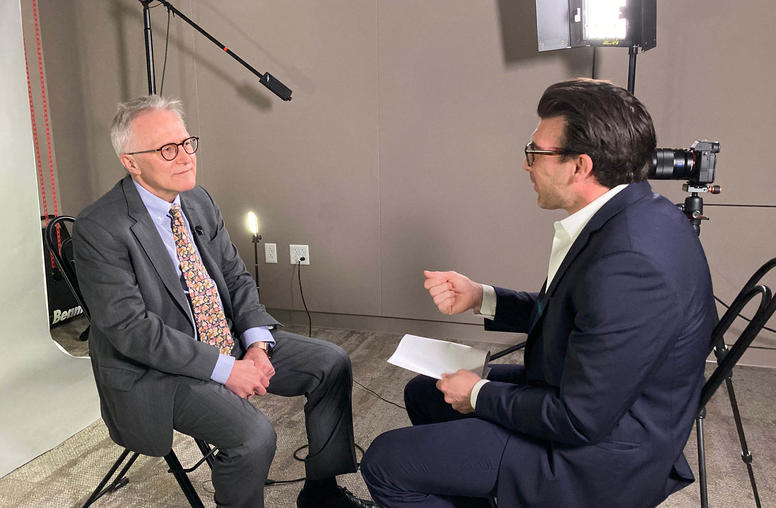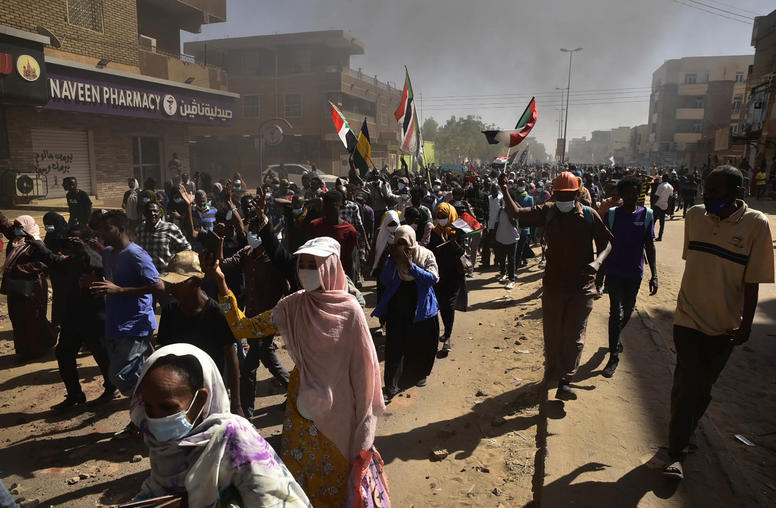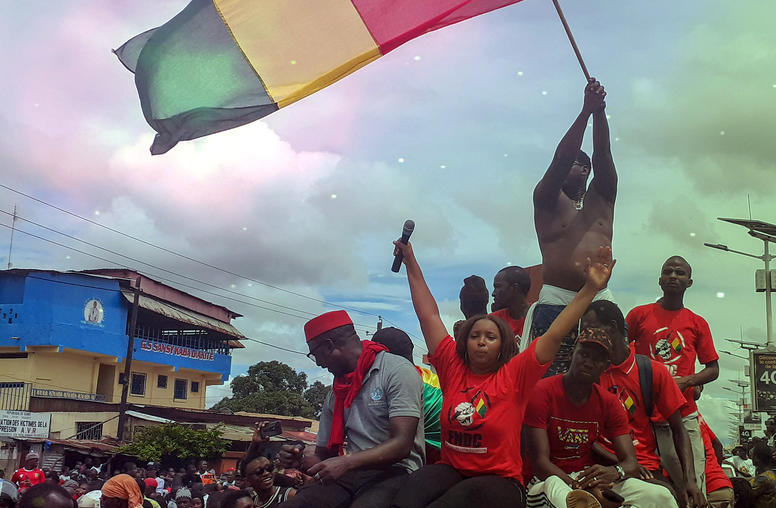Ambassador Terence P. McCulley
Contact
Please submit all media inquiries to interviews@usip.org or call 202.429.3869.
For all other inquiries, please call 202.457.1700
Ambassador Terence McCulley is a senior visiting expert at the U.S. Institute of Peace, providing strategic guidance to the West Africa program. He joined USIP after more than three decades in the Foreign Service working on the African continent.
Ambassador McCulley is currently the senior director of the Africa practice at McLarty Associates and the chairman of the U.S.-Nigeria Council. Prior to this, he served as U.S. ambassador to Mali (2005-2008), Nigeria (2010-2013), and Côte d’Ivoire (2013-2016), and as deputy chief of mission and chargé d’affaires at U.S. Embassies in Togo, Senegal, Tunisia, and Denmark. He also worked on Central African affairs during the Rwanda Genocide and, from 2004-2005, helped to coordinate reconstruction efforts in Iraq. Earlier diplomatic postings include Niger, South Africa and Chad, and Mumbai, India. Ambassador McCulley is the recipient of four Department of State Superior Honor Awards, and he has been decorated as a commander of the national orders of Mali and Côte d’Ivoire by President Amadou Toumani Touré and President Alassane Ouattara. As the senior advisor for Africa at the U.S. Mission to the United Nations in New York in 2016, 2017 and 2018, Ambassador McCulley advanced U.S. multilateral objectives during the annual sessions of the U.N. General Assembly.
Ambassador McCulley received his bachelor’s degree in European History and French Language and Literature from the University of Oregon. As a Rotary Foundation graduate fellow, he studied political science at the Université de Haute Bretagne in Rennes, France, and attended the Fletcher School of Law and Diplomacy. He is fluent in French.


